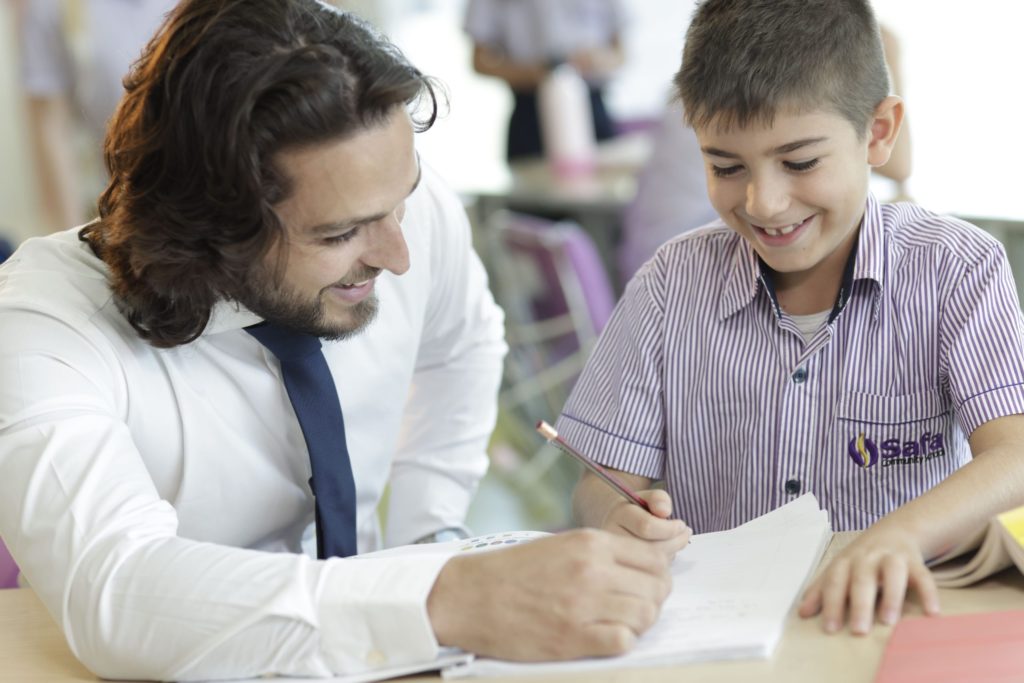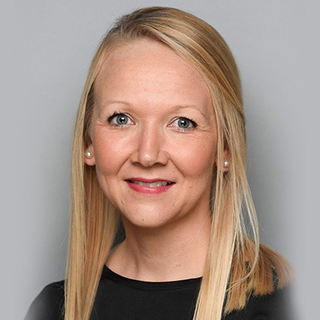Assessment
Foundation Stage & Primary
Assessment at SCS
Rationale
Student’s attainment and progress is closely monitored at Safa Community School in order to provide the best possible opportunities and highest levels of support for all children. All assessment activities aim to ensure that learners are able to make better than expected progress in their learning whilst taking into account the needs of individual children.
Aims
- To enable our learners to demonstrate what they know, understand and what they can do in their work
- To allow teaching teams to plan work that accurately reflects the needs of each child
- To help our learners understand what next steps they need to take improve their work
- To report regular information to parents that enables them to support their child’s learning
- To contribute towards accountability data
Assessment
Staff at Safa Community School have worked together to develop an assessment system that takes into account the criteria of the new National Curriculum, whilst providing a greater focus on mastery. Assessment takes into account children’s strengths as well as areas where they need support. It consists mainly of formative strategies and a range recording methods, as detailed below.
Feedback
We aim to provide valuable feedback to children through marking so that they have specific advice about improvements to their work. Children are given time (DIRT) to read and review their work following marking and reflect regularly on their learning. Children in older year groups are encouraged to self-assess their work and to identify next steps in their learning. This is done with the support of the class teacher.
Reporting
Parents receive two formal school reports, at the end of Term 1, and the end of the academic year in Term 3.
Learning Environment
As part of our learning environment guidelines and our approach to learning, all learning environments should promote and support innovative thinking. The importance of using the digital world as a 5th wall in the classroom is a specific area of focus. Teaching staff should be strategic in how best to utilize the space and resources available to them at SCS. With regards to leadership, they will constantly be looking at innovative designs and equipment that can be used to support the improvement of learning outcomes.
Foundation Stage
Foundation Stage teachers will upload students' learning to Seesaw to share a portfolio of learning journey, teachers consistently assess against the new curriculum objectives through observations on daily basis. Families have access to all learning that is uploaded on to Seesaw. Summative data is collected 3 times a year and entered into our data tracking system which is iTrack, where students are assessed against the seven areas of learning. This information is based on three categories - emerging, developing or secure within the appropriate 'Age and Stage' band for each individual child which is inline with the new Early Years Foundations Stage Curriculum.
Year 1 Phonics Check
All children in Year 1 will participate in a National Curriculum Phonics screening check. This is designed to confirm whether pupils have learnt phonic decoding to an appropriate standard. It will identify pupils who need extra help to improve their decoding skills. The check consists of 20 real words and 20 pseudo-words that a pupil reads aloud to the teacher. This assessment will be administered by the Year 1 teacher. Results are included within the Year 1 end of term report.
Formative Assessment
The goal of formative assessment is to monitor student learning to provide ongoing feedback that in turn improves students outcomes. At Safa Community School we use formative assessment (ongoing assessments) such as verbal and written feedback, observations of learning in the classroom and the use of online tools in order to identify students strengths and areas for development.
What is Solo Taxonomy?
At Safa Community School, Solo Taxonomy is used as a form of teacher, peer and self assessment in the classroom. As learning progresses it becomes more complex. SOLO, which stands for the Structure of the Observed Learning Outcome, is a means of classifying learning outcomes in terms of their complexity. This enables us to assess students’ work in terms of its quality rather than quantity.
Why do we use Solo Taxonomy?
- It allows students to self assess their learning.
- Helps to identify each level of attainment within each lesson.
- Helps to structure the lesson, through progressive Success Criteria so that the lesson gets progressively more challenging.
- Gives all students the opportunity to progress quickly and reach the mastery level.
Summative Assessment
Moderation Grids
Teachers complete moderation grids for core subjects by inputting the children assessment results against a scale that is inline with the school’s six point scale. The teachers then make a moderated teacher judgement using a triangulation of evidence for maths, reading, writing, science and Social Studies.
iTrack
iTrack is an online system used as a summative assessment tool to collect data at 3 different entry points: baseline, Term 2 and Term 3. After using the moderation grids the children then enter their moderated judgement, using a triangulation of data, for each subject against our six point scale which changes depending on the assessment point of the year.
The data is then analysed by year groups, Inclusion and our curriculum team against our 6 point scale which is categorised as Emerging, Expected and Exceeding for the point of year the children are being assessed. This information is then used to inform planning, curriculum modifications and interventions.
Summative Assessment
Safa Community is an inclusive school and we work hard to meet the needs of all our children. Class teachers are responsible and accountable for the progress and development of all pupils in their class. High quality teaching is available to all children, including those with additional needs. We work hard as a school to ensure that all additional support in the classroom is deployed effectively. Where a child is not making the expected progress the class teacher will work alongside the Inclusion Leader, parents and external agencies (where appropriate) to plan tailored support. We follow the Assess, Plan, Do, Review cycle to ensure all children are monitored closely and make progress. We use Individual Learning plans, where appropriate, which are reviewed with the child and parents termly. Nadine Hutchinson, Inclusion Leader, is available to provide advice to staff and families. We also maintain a list of focus children who we monitor closely following any issues or concerns alerted by staff or parents. We do not label any child by so called ‘ability’. All children are encouraged to achieve their best and become confident individuals living fulfilling lives.
Pupil/Parent Engagement

At SCS, we use a range of exciting teaching and learning styles in English lessons. Much of the children’s work in English is provided within the context of high quality texts and this becomes the main stimulus for generating children’s ideas for writing. Our principal aim is to develop children’s knowledge, skills, and understanding in English to ensure that the children then transfer these skills into all subjects within the creative curriculum. Lessons consist of a variety of whole class and group teaching.
A range of teaching strategies will be used including:
- Demonstration
- Modelling
- Explanation
- Questioning
- Discussion
- Role play
All lessons have clear learning outcomes which are shared and reviewed with the pupils effectively, using steps to success as a means of achieving these outcomes. Children have access to and are able to use a range of resources such as dictionaries and thesauruses to support their work.
AFor our parents, we aim to engage them with their child’s learning through using Seesaw and regular opportunities for students to showcase their learning journey. The purpose of assessment information is to inform planning and to identify children who may need extra support. A ‘How You Can Help at Home’ document is shared with parents on a termly basis which contains an overview of the curriculum Judgements will be made based on information from the assessment documents, assessment feedback from the children and teaching teams, observations and work contained in books. The cohort document will contribute to Pupil Progress Analysis meetings and discussions and contribute towards accountability data.
Parents have three ‘planned’ for pupil parent meetings where they meet to discuss their child’s progress and attainment. However, due to SCS open door policies, meetings can be arranged at any time throughout the year. The school constantly works on improving communication and building a partnership, so regular parental engagement activities take place throughout the school year.

